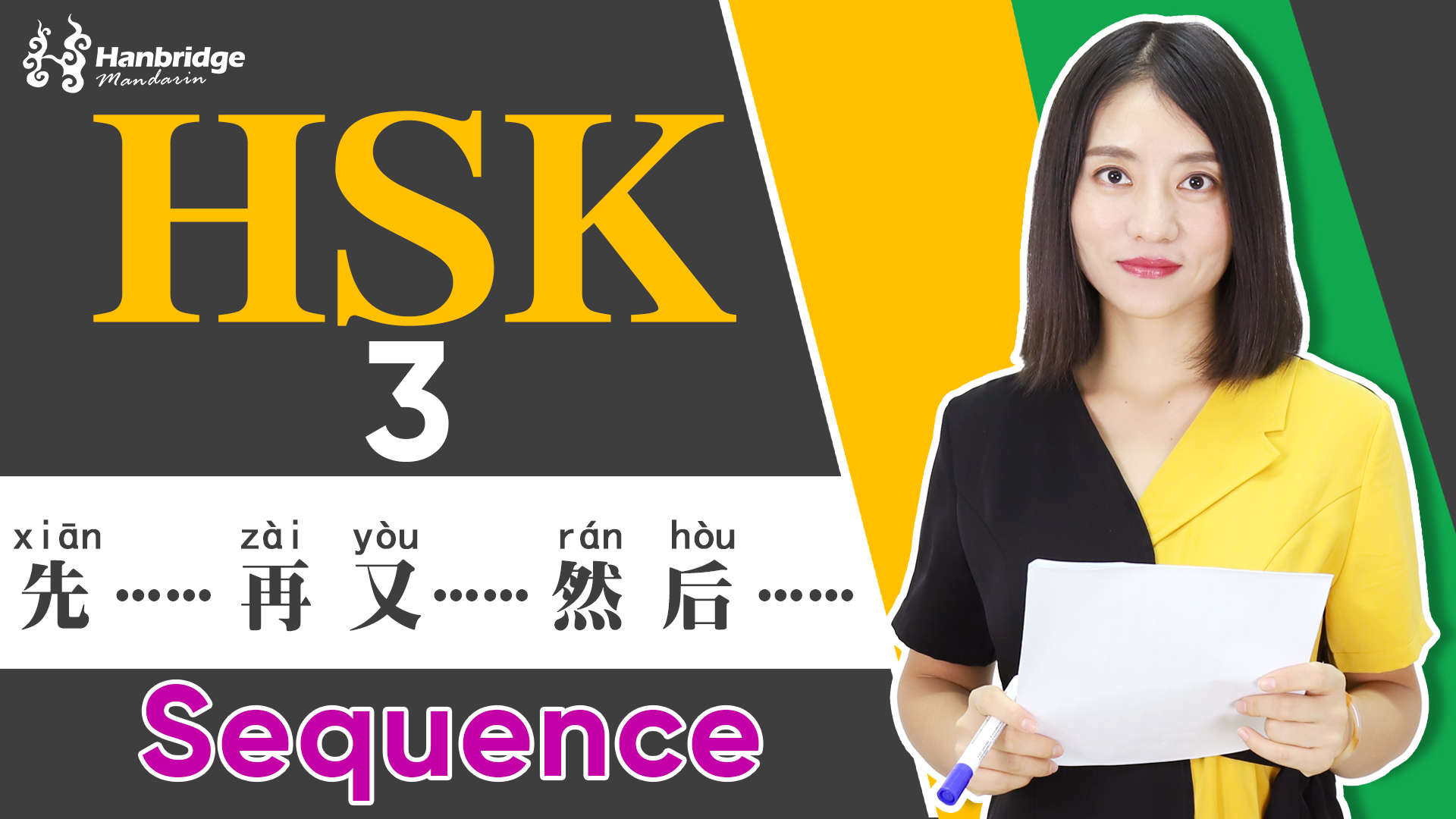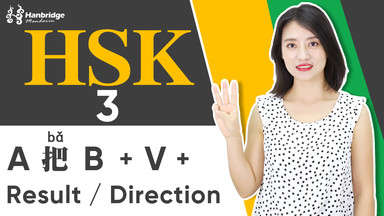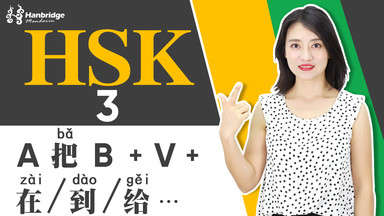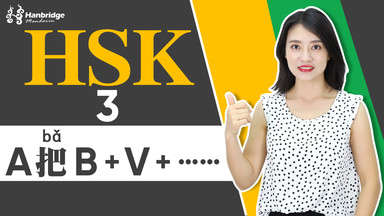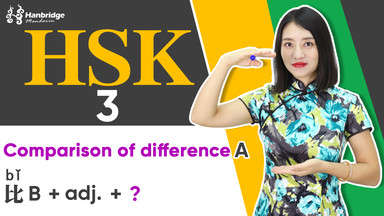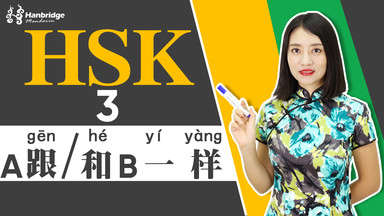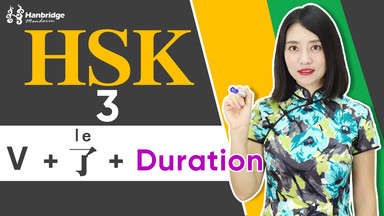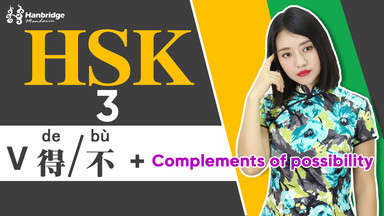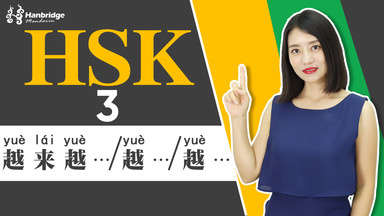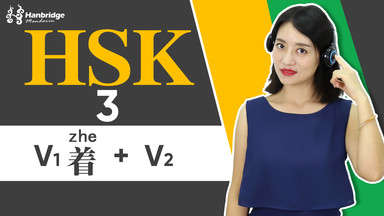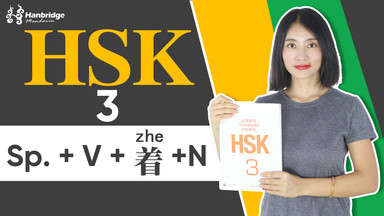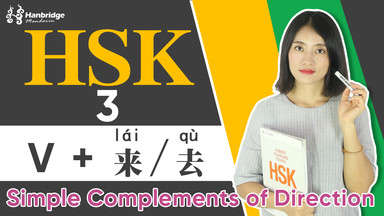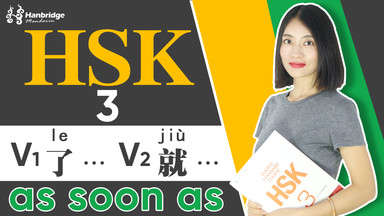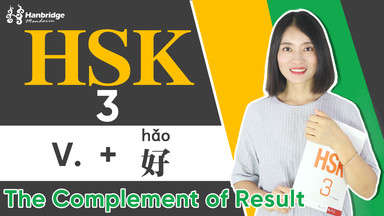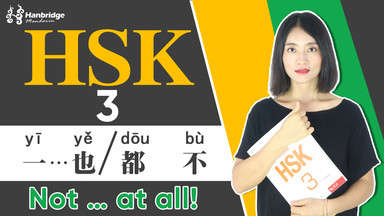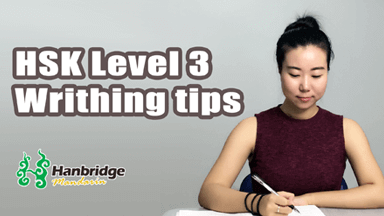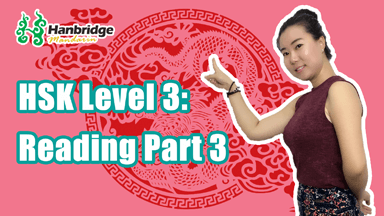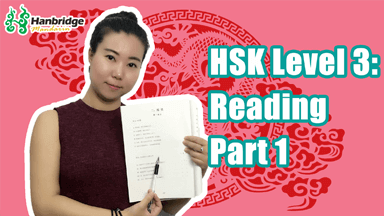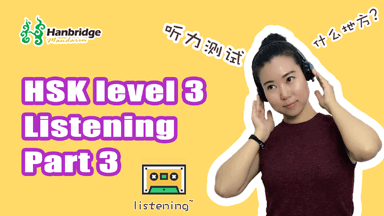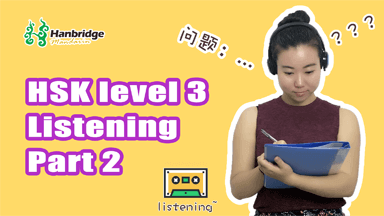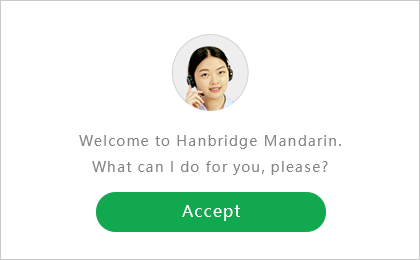HSK 3 Sentence Structure 4
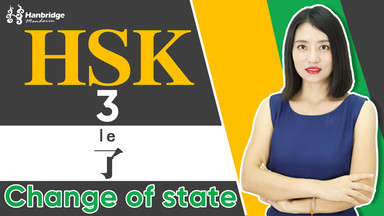

Teacher: Vikki Lv Experience: 4 years
HSK 3 Sentence Structure 4
Teacher : Vikki Lv
你好!我是汉桥的老师,欢迎大家和我一起学习HSK3. 以前我们学了”了“. Today we will learn a new usage of “了”.
了 can be used to indicate “change of state”, it means, some new situation has come up, or the situation is changed.
And in this condition, 了always goes at the end of a sentence.
我们看一下这两个例子:
我16岁。
我16岁了。
When we say 我16岁 。it’s just a normal statement. But if we say 我16岁了。It means “16 岁” is a new situation and something has changed.
Imagine if your father doesn’t allow you to go out with your friends after 8pm, and one day you think you’re old enough to go out so you might say:”Come on, I’m not a kid any longer, I’m 16 now.” If we want to express this feeling, we actually want to emphasize that my situation has changed. So we need to say 我16岁了。
好,我们看一下其它例子:
你看,外面下雨了。So it means it wasn’t raining just now, but now it is raining, a new situation.
我们分手了。It’s sad, but the person saying this is to update the situation “We have broken up”. If we say 我们分手。It means “Let’s break up.”
我找到新工作了。I just found a new job so my situation has changed.
And in negative sentence, this usage of 了 is even more obvious.
我16岁了。我不是小孩儿了。
“我不是小孩儿”means I’m not a kid. But with 了at the end,we should translate this sentence into “I’m not a kid any longer.”
再看一个例子:
他不是我的朋友了。Once he was my friend, but he is not my friend any longer.
我感冒了,今天不能去上班了。I plan to go to work today, but my situation changed, I have a cold now. So 我感冒了,shows my situation changed, and it caused another situation change. 不能去上班了。
好了,你懂了吗?If yes, you can say:我懂了。You didn’t understand before, but you understand now. It’s also a new situation.
我们一起看一下以前的考试题:
1. 孩子已经18岁了,知道怎么照顾自己。-H31002
2. 把菜单儿给我,我们喝杯绿茶吧?
好的,我也有些渴了。 -H31001
3. 这个城市的环境变得越来越好了。-H31001
4. 我的电脑又不能用了,你来帮我看看?-H31002
好了,你学会了吗?来做一下练习吧:
昨天你还好好儿的,怎么今天就(/)。
刚才天气还很好,突然间(/)。
8年(/),她终于同意跟我(/)。
你喜欢和我们一起学习吗?If you find it useful, please subscribe and stay tuned.下次见!

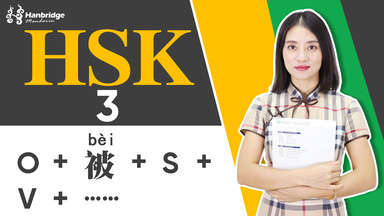

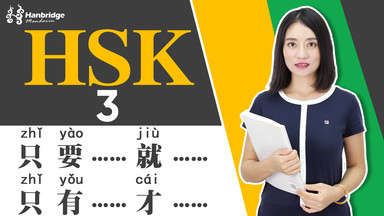
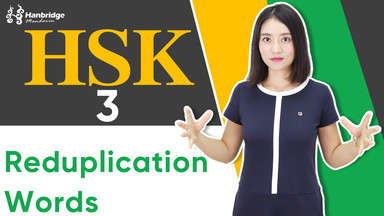
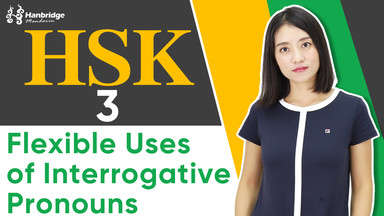
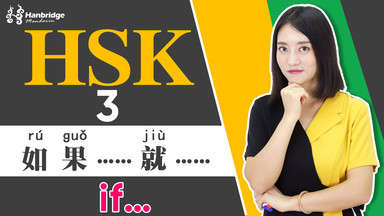
.jpg)
